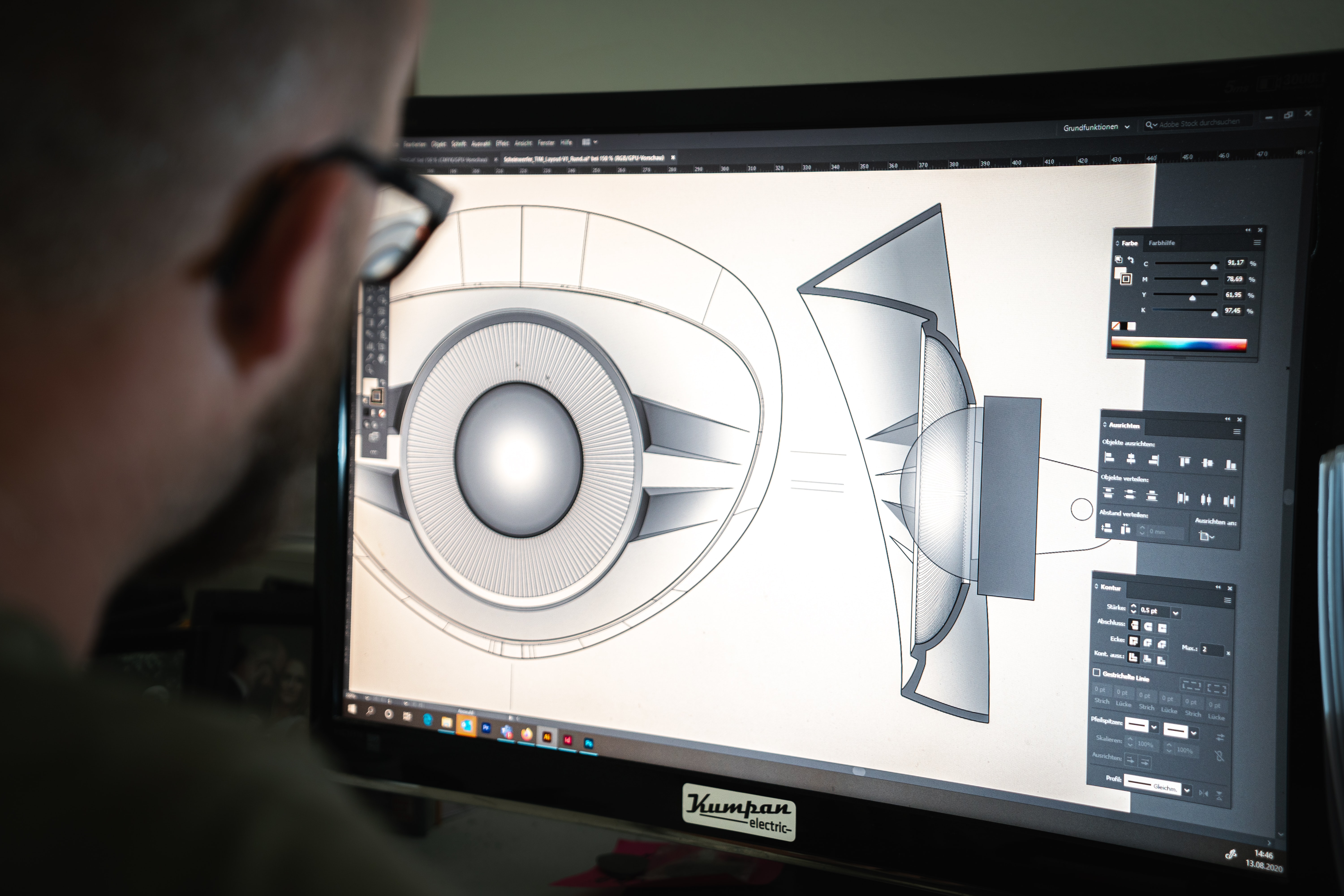ME677 - Laser Material Processing

Instructor
Prof. Deepak Marla
Semester
Spring 2023
Course Difficulty
Overall, the course is Easy to Moderate. There�s a good balance of theory as well as applications.
Time commitment needed
Overall the course requires moderate time commitment. However, note that the course might get very hectic post midsem as there are 3 projects, two out which are simulation projects which might take a good amount of time if you have never simulated any process in Python/Matlab before. Hence, though the 1st half may require less than 1.5 hour commitment per week outside class hours, the 2nd half would require you to dedicate significantly more time.
Grading Statistics
Pretty lenient. AA - 3 AB - 2 BB - 5 Out of a total of 16 students.
Attendance Policy
There wasn�t any hard attendance policy but you may miss the moodle quiz if you skipped those classes. Many questions in these quizzes were straight from classroom discussions, so it�s recommended that you attend classes.
Teaching Style
This course has a good amount of physics, particularly optics. It was a very well constructed course - the professor taught primarily using slides which were shared through Moodle and there was also a notion page with all details/updates about the course. The professor was genuinely interested in teaching throughout this course from the Physics of generation of Laser beams to the Application of Lasers in Biomedical Industry and was very approachable as well as cleared all doubts well. To firm our understanding, there were short moodle quizzes almost every Thursday.
Feedback on Assignments/ Tutorials/ Projects
The simulation projects involved coding in Python/Matlab to obtain the temperature distribution during laser heating, analyze the validity of thick and thin plate assumptions for different plate thicknesses as well as study the effect of process parameters such as scanning speeds and laser power on temperature profiles. The hands-on project involved utilizing the femtosecond lasers to construct various micro-components. This won�t take much time as you would be guided by a TA who�ll be operating the system and demonstrating the process of using the laser system. The weekly quizzes were conducted on Moodle and were short (10-15 mins, MCQ/Numerical type, mostly formula based).
Feedback on Exams (Written Evaluation)
The midsem was relatively easy but the Endsem required a greater understanding of the concepts and the questions were mostly application based and some numericals were lengthy.
Future Tracks
If you like ME677, consider taking an SLP/BTP under Prof. Marla. If you liked the Micro/Nano-manufacturing part of this course, consider ME6110 - Nanomanufacturing Processes. Other departments such as MEMS, PH also offer some relevant courses in Laser such as MEMS department�s MM718.
Course Importance
I highly recommend this course if you are a core enthusiast or/and a CIM student as it opens a large variety of topics for your DDP. I was partly motivated by the laser portion of ME206 and partly by the fact that I was considering getting LASIK done. Also ME677 lies in the CIM basket. I had also heard that there are plenty of good opportunities for the DDP in lasers.
Additional Details
Course Highlights A few interesting derivations, Applications in Micro/Nanomanufacturing and Biomedical Industry. As an extension of this course, once the course ended, a few of us even got the opportunity to visit DRDO labs in Hyderabad.
Peers My peers were some of my batchmates who had done ME206/ME338 under Prof. Marla, some MTech (MMM) students and some D.D. (CIM) 4th and 5th year students (who were being advised by Deepak sir for their D.D. thesis).
References Books Laser Material Processing, W. Steen and J. Mazumder, 4th Edition, Springer 2010. Laser Fabrication and Machining of Materials, N. Dahotre, S. Harimkar, Springer 2008. Principles of Laser Materials Processing, Elijah Kannatey-Asibu Jr., Wiley 2008. Laser Processing and Chemistry, Dieter W. Bauerle, Springer 2011.
Written By
Utkarsh Chavan